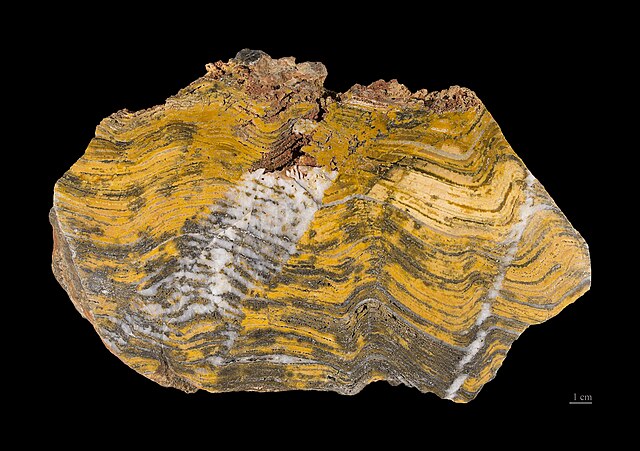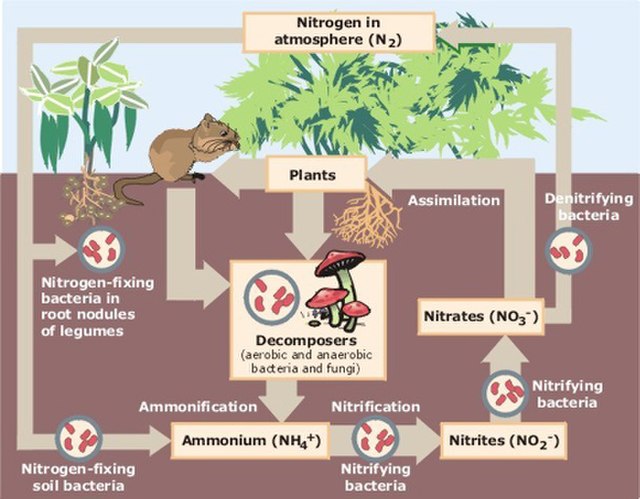The biosphere, also known as the ecosphere, is the worldwide sum of all ecosystems. It can also be termed the zone of life on Earth. The biosphere is virtually a closed system with regard to matter, with minimal inputs and outputs. Regarding energy, it is an open system, with photosynthesis capturing solar energy at a rate of around 100 terawatts. By the most general biophysiological definition, the biosphere is the global ecological system integrating all living beings and their relationships, including their interaction with the elements of the lithosphere, cryosphere, hydrosphere, and atmosphere. The biosphere is postulated to have evolved, beginning with a process of biopoiesis or biogenesis, at least some 3.5 billion years ago.
A false color composite of global oceanic and terrestrial photoautotroph abundance, from September 2001 to August 2017. Provided by the SeaWiFS Project, NASA/Goddard Space Flight Center and ORBIMAGE.[citation needed]
A beach scene on Earth, simultaneously showing the lithosphere (ground), hydrosphere (ocean) and atmosphere (air)
Stromatolite fossil estimated at 3.2–3.6 billion years old
Rüppell's vulture
An ecosystem is a system that environments and their organisms form through their interaction. The biotic and abiotic components are linked together through nutrient cycles and energy flows.
Flora of Baja California desert, Cataviña region, Mexico
Global oceanic and terrestrial phototroph abundance, from September 1997 to August 2000. As an estimate of autotroph biomass, it is only a rough indicator of primary production potential and not an actual estimate of it.
A freshwater lake in Gran Canaria, an island of the Canary Islands. Clear boundaries make lakes convenient to study using an ecosystem approach.
Biological nitrogen cycling







